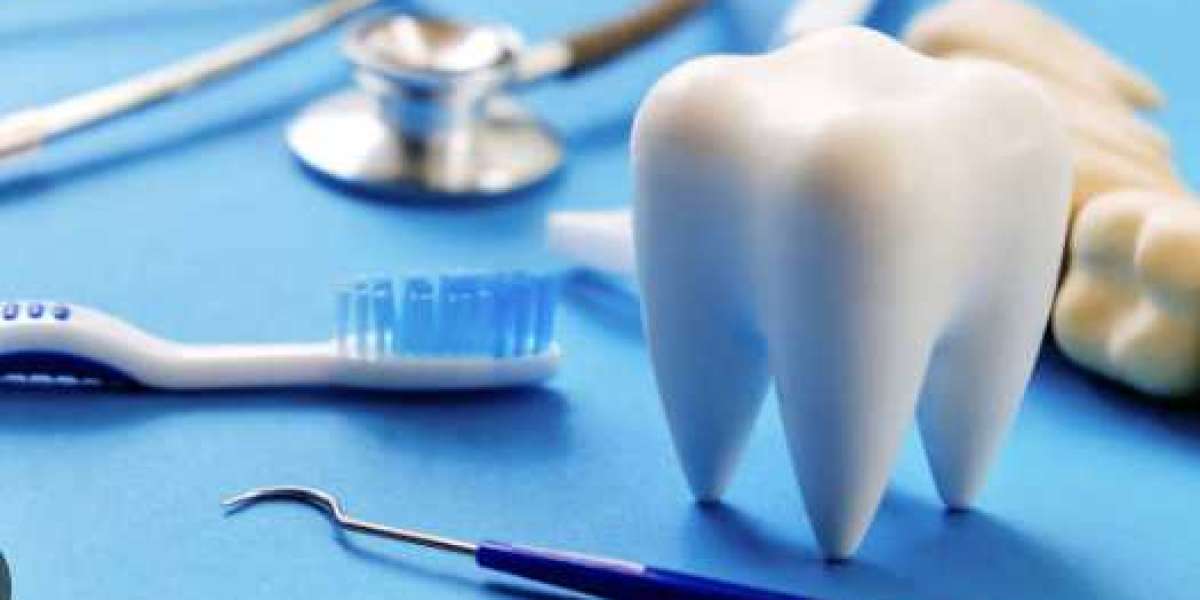Wisdom teeth, also known as third molars, are the last set of teeth to develop in the human mouth. They typically emerge between the ages of 17 and 25, a period often referred to as the "age of wisdom." While wisdom teeth were once essential for our ancestors, their role in modern humans is less clear. This blog post will explore the function of wisdom teeth, why they were important in the past, and why they often cause issues today.
The Original Function of Wisdom Teeth
Wisdom teeth played a crucial role in the diet of our early ancestors. Here's why:
Dietary Needs: Our ancestors consumed a diet that was heavy in coarse, hard-to-chew foods like roots, nuts, and raw meat. The extra set of molars helped them grind and break down these tough foods more efficiently.
Jaw Size: Early humans had larger jaws with more space to accommodate an additional set of molars. This extra chewing power was essential for survival in a time when food was not as easily processed or cooked.
Why Wisdom Teeth Are Less Useful Today
With the evolution of human diet and lifestyle, the necessity of wisdom teeth has diminished. Here’s why they’re less useful in the modern world:
Soft Diets: Today, our diet consists mainly of soft, processed, and cooked foods that require less chewing. This reduced the need for an extra set of molars.
Smaller Jaws: Human jaws have become smaller over time, which means there is often not enough space for wisdom teeth to emerge properly. This lack of space can lead to overcrowding, impaction, and other dental issues.
Common Problems Associated with Wisdom Teeth
Many people experience problems with their wisdom teeth because of the limited space in their mouths. Here are some common issues:
Impaction: When there isn’t enough room for wisdom teeth to emerge, they can become impacted, meaning they grow at an angle and fail to break through the gum line properly. Impacted wisdom teeth can lead to pain, infection, and damage to surrounding teeth.
Overcrowding: The emergence of wisdom teeth can push other teeth out of alignment, leading to overcrowding and potentially undoing orthodontic work.
Decay and Gum Disease: Wisdom teeth are located at the back of the mouth, making them difficult to clean. This can lead to cavities, tooth decay, and gum disease if not properly managed.
Should Wisdom Teeth Be Removed?
Due to the potential complications, many dentists recommend removing wisdom teeth, especially if they pose a risk to your dental health. Here are some reasons why removal might be necessary:
Prevent Future Problems: Removing wisdom teeth can prevent future issues like impaction, infection, and overcrowding.
Ease of Cleaning: Without wisdom teeth, maintaining oral hygiene is easier, reducing the risk of decay and gum disease.
Pain Relief: If your wisdom teeth are causing pain or discomfort, removal can provide relief and prevent further complications.
What to Expect During Wisdom Teeth Removal
If your dentist recommends wisdom teeth removal, it’s essential to know what to expect:
Consultation: Your dentist or oral surgeon will assess your wisdom teeth through X-rays and discuss the best approach for removal.
Procedure: The procedure is usually done under local or general anaesthesia. The dentist will make an incision in the gum and remove the teeth. The recovery period typically lasts a few days to a week.
Aftercare: Following removal, proper aftercare is crucial to avoid complications like a dry socket or infection. This includes following your dentist’s instructions, taking prescribed medications, and maintaining good oral hygiene.
Sum Up
Wisdom teeth were once an essential part of our ancestors' survival, but today they are often more of a hindrance than a help. Understanding the function of wisdom teeth and the problems they can cause is important for maintaining good oral health. If your wisdom teeth are causing issues or if you're concerned about their impact on your dental health, consult with a dentist to determine the best course of action.








